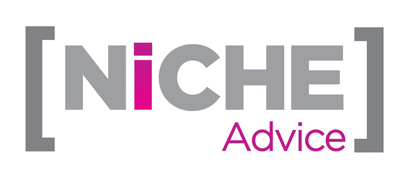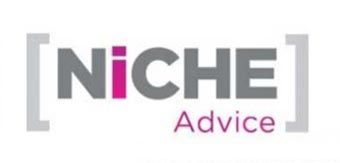
Looking past all the Bridging Finance sales talk
Is bridging Finance faster than a mortgage might seem like an obvious question but a recent article in Bridging Introducer a leading trade magazine said the average time to completion is 41 days.
Which seems about right and detached from often instant timeframes spouted but some credit brokers. Don’t get me wrong there are cases being completed in just a few days but all the ducks need to be in order for that to happen.
The key component maybe determined by the purpose of the funds. For instance a straight forward auction purchase would be obviously at the shorter end but complexity such as multiple mixed use unit could be an explanation for the time slippage.
MORTGAGE UNDERWRITING COMPARED TO BRIDGING FINANCE
The underlying process of a bridge is stark when compared to a mortgage.
Mortgage underwriting is a settled and often ‘factory’ style process. The massive flow of similar transactions has allowed the formula to be refined and often sticks to a rigid track. It’s often a case of gathering a defined set of documents such as payslips and bank statements to prove status underpinned by a credit score system.
On bridging the approach is more about previous experience, personal resources and the reason behind the project. Questions rather than documents. In fact “retained interest bridges” remove the need to evidence serviceability.
There is a greater need for homework before applying to the lender with third parties such as HMO licensing and planning permissions needing to be applied for and obtained.
MORTGAGE VALUATIONS COMPARED TO BRIDGING VALUATIONS
Looking at this in the context of timeframes and speed of process there is often greater control of the instruction on bridging. The bridging lender may allow any suitably qualified surveyor to make the assessment or have a defined panel, either way, it is often you or your credit broker that makes the telephone call.
On Mortgages the valuation may only be instructed 2 to 3 weeks down the line after your status has been approved, particularly in the case of the lender offering a ‘free valuation’ incentive out of their funds.
MORTGAGE LEGAL SYSTEM COMPARED TO BRIDGING
Mortgage Offers are normally issued without any special conditions to satisfy and if they applicant is willing to forego a few hundred pounds as a legal commitment fee the searches can be carried out in tandem to mortgage approval.
On bridging the majority of the process time is spent at the legal stage. Its the nature of the transaction that an element of the deal needs to be ratified.
For example, property boundaries defined; lease extensions, new development certificates validated; probate approved; planning permission and first-time land registry approved.
The bridging lender’s legal team are much more engaged than their mortgage counterparts who are often simply retreading previously agreed clear paths.
As part of the bridging legal process, you are also likely to have to visit the offices to sign the paperwork. The costs are also far greater so legal work is unlikely to commence in earnest until terms have been issued which can slow things down.
Niche Advice is a mortgage and credit broker and can provide advice on whether a Bridge Finance or mortgage is the best way to go for you.




